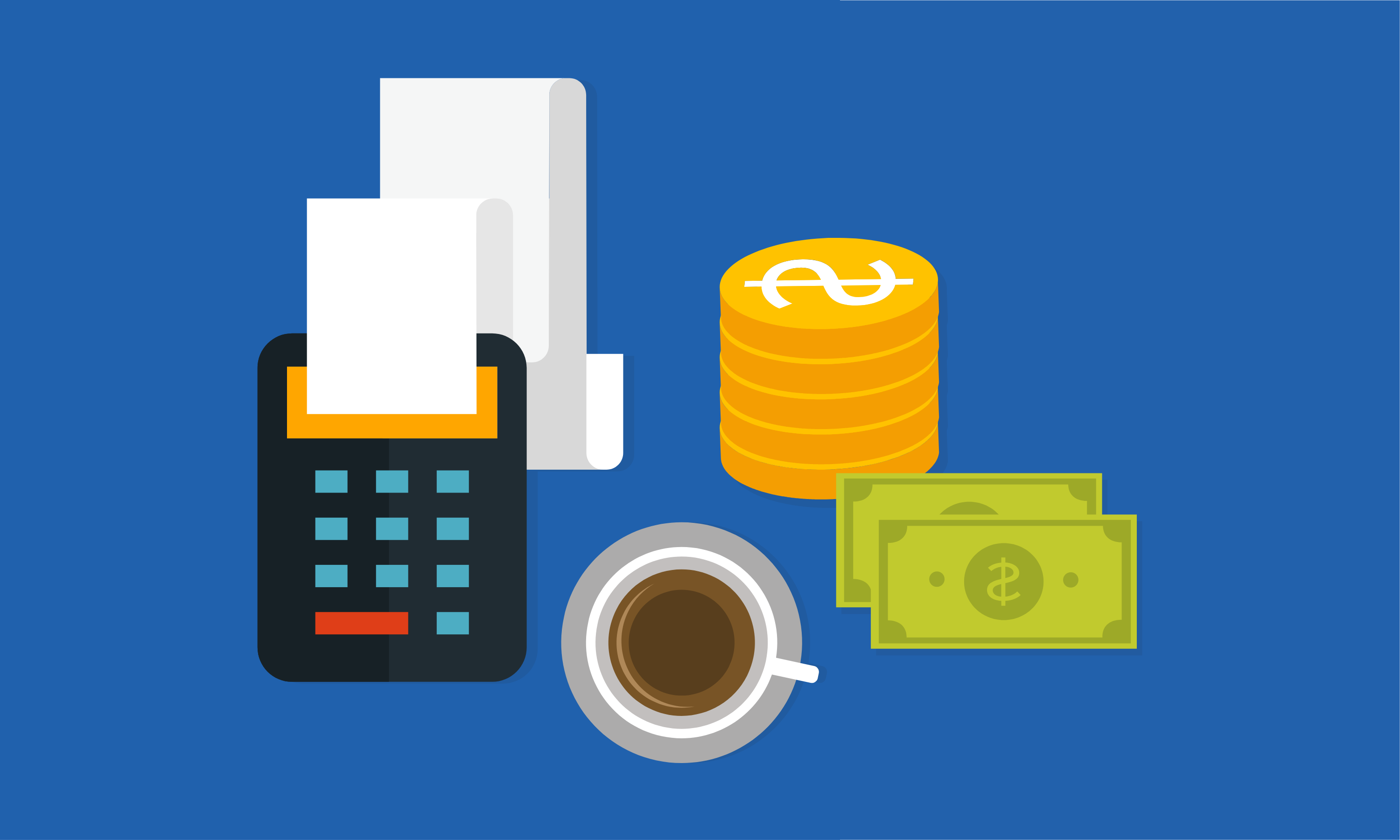Personal finance management is critical to achieving financial freedom. By taking up the best personal finance practices, you can improve various aspects of your financial wellbeing.
But what is personal finance? It is the process of planning and managing financial activities that relate to personal spending, savings, income generation, investment, and coverage against risk. It involves a thorough process that involves assessment, targeting, and planning, as well as the execution of different components of your financial state with the view to achieving your goals.
What are the pillars of personal finance?
There are five key pillars of personal finance. Whether you are learning or implementing personal finance habits, it is important to understand these key areas in better detail to improve your strategy and approach.
Income
This is the source of inflow of cash received by an individual. It is the start of the personal financial planning process. Income is the basis upon which an individual can take up other aspects of financial planning. It may be derived from salaries, wages, bonuses, benefits, pensions, or dividends. The individual will choose whether to save, invest, or spend their income, which is covered under other aspects of personal finance.
Expenditure
This refers to all spending. Whether carried out on consumables, such as a range of non-investment goods and services, it will work to reduce the level of income available. Common expenditure includes rent, food, taxes, bills, entertainment, and credit card payments. Expenditure can either be carried out through cash in hand or borrowed credit.
Savings
This is the stored parts of income that are specifically retained for future investment or expenditure. When an individual has an excessive income they may consider either saving or investing, which is discussed in greater detail below. Savings can be used to manage the inflow of cash and mitigate the difference between income and expenditure in the short term. It can also be used in the long term to create a nest egg for future expenditure. Common savings include money market securities, checking and stacks of physical cash.
Investing
It revolves around the acquisition of assets, which may generate some returns that should result in better value than originally invested over time. Since it carries some risk, many people tend to find professional help. Common investment options include mutual funds, stocks, bonds, and real estate.
Protection
Personal finance also includes coverage for any potentially unforeseen risk. You can only ensure financial freedom if any effect of risk in future can be mitigated. Common products under this aspect may include estate planning and management, and insurance.
Why do you need personal finance?
• Personal finance planning will help you manage your expenditure, increasing your overall level of income.
• You will be able to save more with the right personal finance habits.
• It can be a great tool to help you get out of debt quickly.
• Personal finance planning can help you manage your retirement savings for a secure future.


